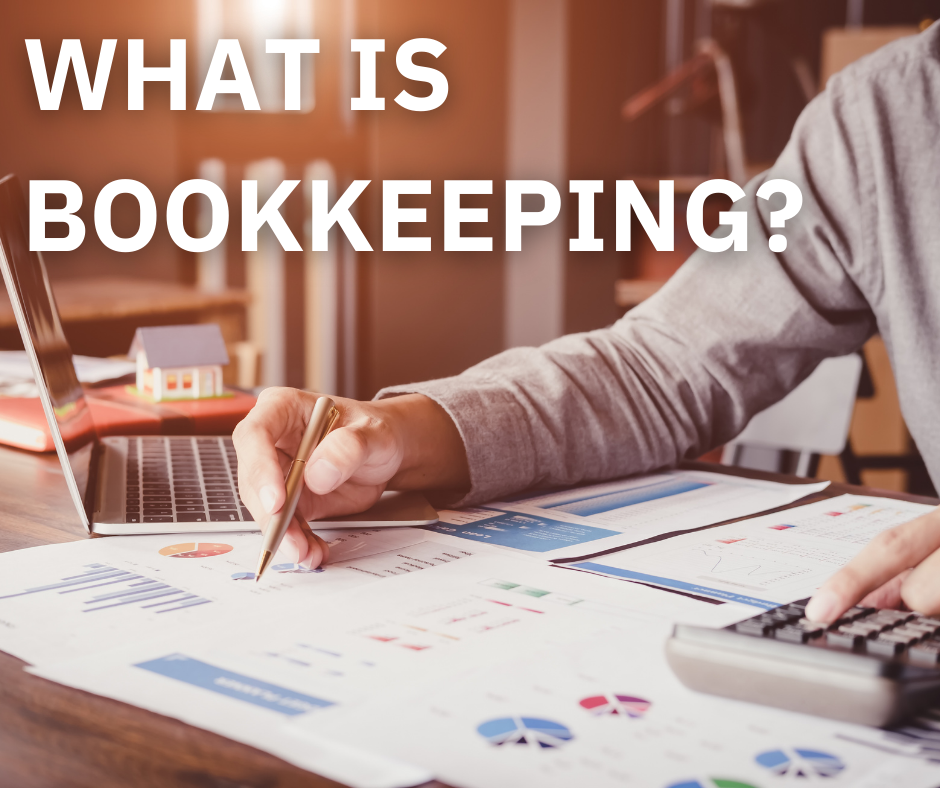It is a subset of accounting that necessitates the completion of the following tasks in order to develop a financially sound business:
- keeping track of financial transactions;
- making a record of debits and credits;
- making invoices;
- maintaining and balancing current and historical accounts, as well as general ledgers;
- payroll is being completed.
One of the most important aspects of bookkeeping is keeping track of a general ledger. This is the basic document in which all records, costs, and receipts are kept by bookkeepers. Posting refers to the act of recording information on a ledger. As a result, the more sales or expenditures there are, the more frequently the ledger is updated.
Traditionally, ledgers were prepared with simple equipment such as a pen and paper. However, as technology and industries have advanced, they are now built with specialised software that may be automated and suited to your company's exact needs.
The complexity of bookkeeping software is entirely determined by the person in charge and their tastes, but it can also be influenced by the size and demand of the organisation.
What exactly is accounting?
Accounting encompasses a far broader scope than bookkeeping. Accounting encompasses the entire issue area, whereas bookkeeping is merely a subset of the system that employs features of accounting in its operations. Accounting can include crucial components such as building bookkeeping systems, setting controls to maintain and operate the system, and analysing any data.
Accounting provides the facts your company requires to make better decisions. Accounting not only covers this, but it also examines financial reporting and performance and reports this information back to the appropriate persons. Business owners, shareholders, investors, and others rely on financial reports to stay up to speed on the company's performance and overall success.
Accounting consists primarily of:
- keeping track of expenses;
- creating financial statements for the entire organisation;
- analysing operational expenses;
- preparing income tax returns;
- assisting the business owner in comprehending the implications of financial decisions.
Accounting is primarily concerned with bringing together essential financial information. As a result, you will have a greater understanding of profitability and a great knowledge of your company's cash flow. Accountants are frequently consulted by business owners for aid with strategic tax planning, financial forecasting, and tax filing.
Do they collaborate?
Although the two are distinct entities, they complement each other quite well and, when carried out effectively, can contribute significantly to the success and organisation of a firm. Bookkeeping is only one component of your overall accounting system. So, if your accounting is to be as effective as possible, your bookkeeping must be as well.
In order for an accountant to properly organise financial records and balance money, the information provided by the bookkeeper must also be correct. Otherwise, figures will be incorrectly recorded, resulting in inaccurate records and updates.
A solid partnership between the two is essential and may help your business truly take things to the next level, particularly in terms of organisation and communication.
As previously mentioned, no matter how big or little a business is, it must be on top of its bookkeeping. Don't worry if you're unsure where your small business bookkeeping can be improved. We offer bookkeeping services to the highest standards; please contact Persona Finance at [enquiries@personafinance.co.uk] for more information.



